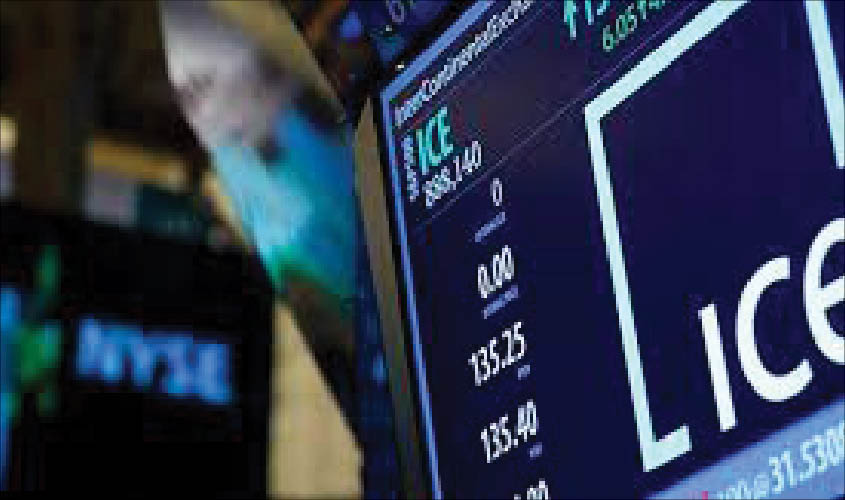‘We will need to have organisations offering custody services to cater for this new asset class.’
The market for offering custody services globally is massive with the top 15 providers having over $131 trillion of assets in custody, and as we are to see more institutions investing in digital assets, we will need to have organisations offering custody services to cater for this new asset class.
This opportunity has not been lost on custody providers as one of the largest custody providers, Northern Trust has for a while been rumoured to be launching a custody service for digital assets. Fidelity, Goldman Sachs and Coinbase are also now offering custody services for digital assets.
Intercontinental Exchange (ICE) that runs 12 different stock exchanges and with revenue of over $6 billion, has just acquired Digital Asset Custody Company (DACC) which offers digital asset custody services for over 100 cryptocurrencies for 13 blockchains. It is understood that one of ICE’s subsidiaries, Bakkt has applied to the New York Department of Financial Services to be a trust company, which will enable the firm to serve as a qualified custodian for digital assets.
Kingdom Trust which is a Kentucky based custodian was the first custody provider to get Lloyds of London to insure their digital asset custody service last year.
Nomura, the massive Japanese bank with over 26,000 staff and offices globally last year announced a joint venture with Ledger and Global Advisor Holdings, a cryptocurrency manager based in Jersey in the Channel Islands, to launch an institutional-grade custody solution for digital assets. The three parties have established a company called Komainu, and it is looking to offer custody services that will also cover insurance, regulation, certification of the digital assets that it offers custody services for.
It would appear that we are seeing a reversal to where we were before asset managers relied on nominees and custodians. In the 1970s due to huge amount of paperwork due to bearer securities, nominees like DTCC were created. Interestingly, digital assets which can be traded and transferred using blockchain technology are not dissimilar to bearer securities, as these assets’ ownership is not recorded by a third party. This means the bearer, the person presenting the asset, is paid directly usually if they wish to sell.
Blockchain technology is able to record the transfer of assets digitally, efficiently and potentially at a cheaper price, and without the need for many of the current intermediaries, all of whom charge fees for their services, thereby adding to the friction costs of trading securities.
There is an argument that with the creation of Multisig wallets you do not need a custodian, as a third party, like a trustee, could be appointed, and they could authorise the transfer of assets from a digital wallet under agreed terms and conditions. This type of trustee service is currently being investigated by trustee providers like PTTrustees for the holders of digital assets. So, we can see that as the adoption of digital assets increases there are new as well as traditional custody service providers beginning to offer a range of services for pension funds, asset managers and banks and no doubt there will be more to follow.
Johnny Fry is CEO of Teamblockchain

